The Angry Hills (1959) Online
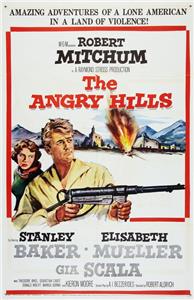
In 1941 an American journalist in Greece is given a secret list of collaborators. He is helped by the Greek resistance as he is pursued across the country by the Nazis.
| Cast overview, first billed only: | |||
| Robert Mitchum | - | Mike Morrison | |
| Stanley Baker | - | Conrad Heisler | |
| Elisabeth Müller | - | Lisa Kyriakides (as Elisabeth Mueller) | |
| Gia Scala | - | Eleftheria | |
| Theodore Bikel | - | Dimitrios Tassos | |
| Sebastian Cabot | - | Chesney | |
| Peter Illing | - | Leonides | |
| Leslie Phillips | - | Ray Taylor | |
| Donald Wolfit | - | Dr. Stergion | |
| Marius Goring | - | Col. Elrick Oberg | |
| Jocelyn Lane | - | Maria Tassos (as Jackie Lane) | |
| Kieron Moore | - | Andreas | |
| George Pastell | - | Papa Panos | |
| Patrick Jordan | - | Bluey | |
| Marita Constantinou | - | Cleopatra |
Stanley Baker challenged Robert Mitchum to a drinking contest. Mitchum won, allegedly after the two men had drunk non-stop for 74 hours.
The original running time was 119 minutes before it was edited down to 105 minutes for US release. The European version ran longer. In 2004 the British Film Institute screened a print with a running time of 114 minutes. Director Robert Aldrich felt that certain scenes lost their meaning with the trims made.
Alan Ladd was considered to play the war correspondent, but Robert Mitchum said the producers decided Ladd was too small.
This film failed at the box office, resulting in a loss to MGM of $497,000 ($4.27M in 2018) according to studio records.
Director Robert Aldrich was very dismissive of his own film in later years, once referring to it as "a terrible film, a joke"; he said there had not been enough time to develop the screenplay properly, although he also pointed out that, at least, his screenwriter, A.I. Bezzerides, was a man of Greek ancestry who knew the country and its history and traditions, whereas Leon Uris, the author of the original novel, had never even been there.
Both Gia Scala and Stanley Baker are in The Guns of Navarone (1961) which is also set in Greece.
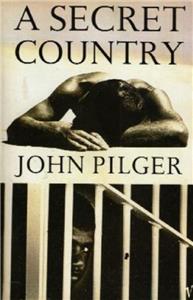
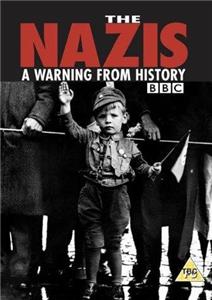


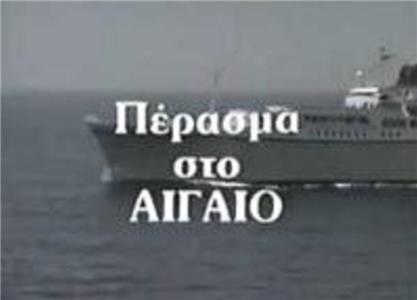

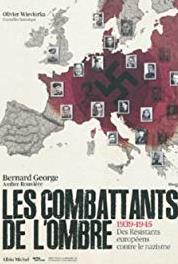
User reviews